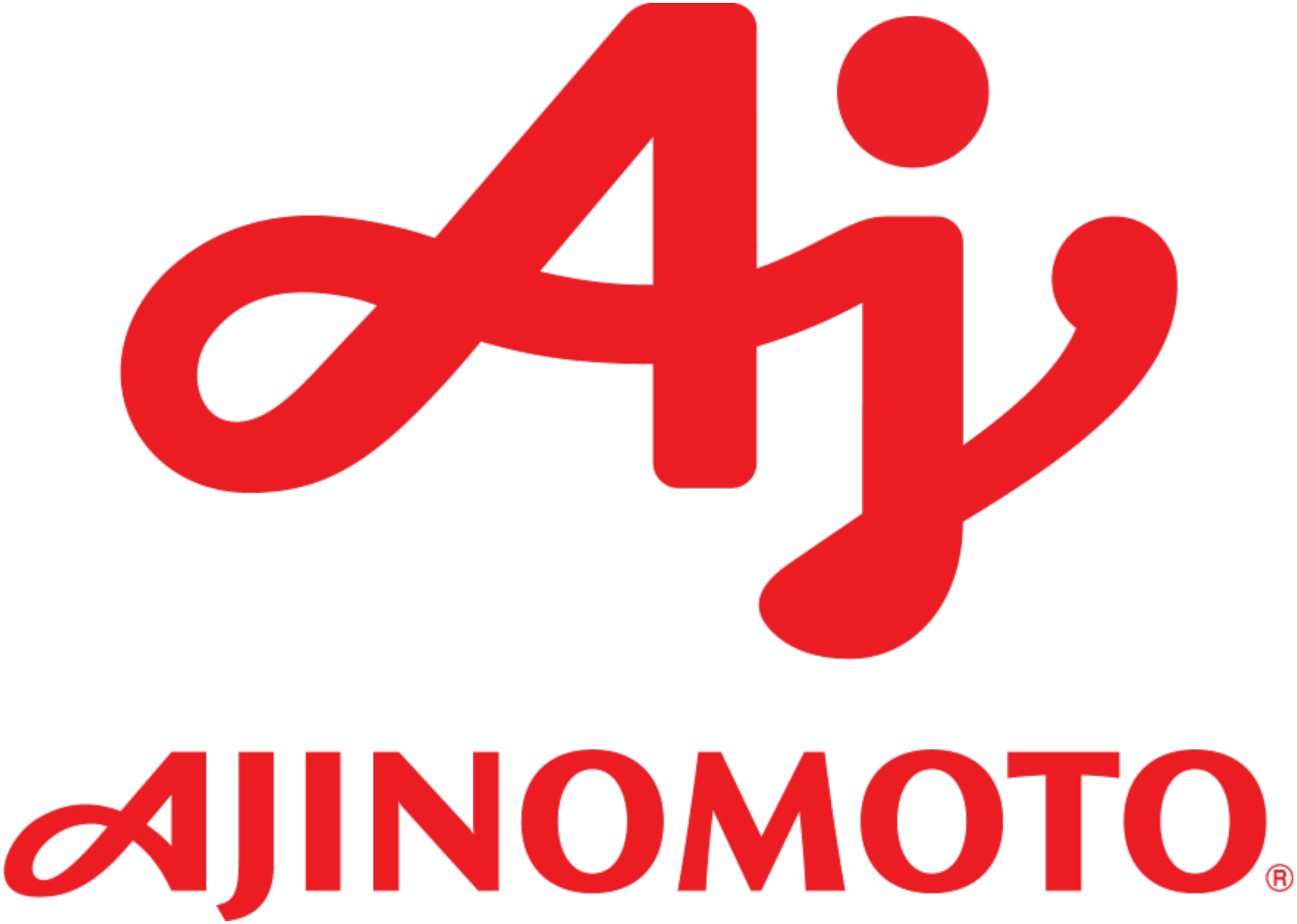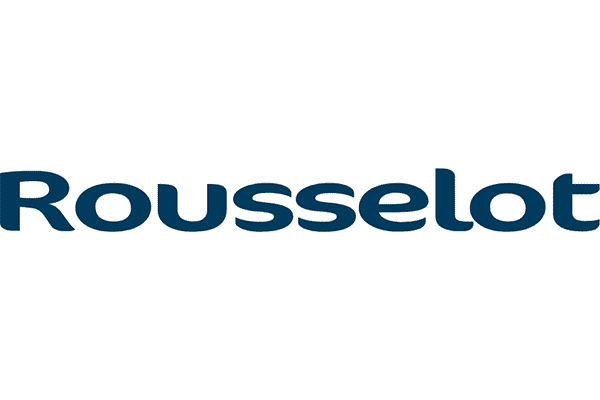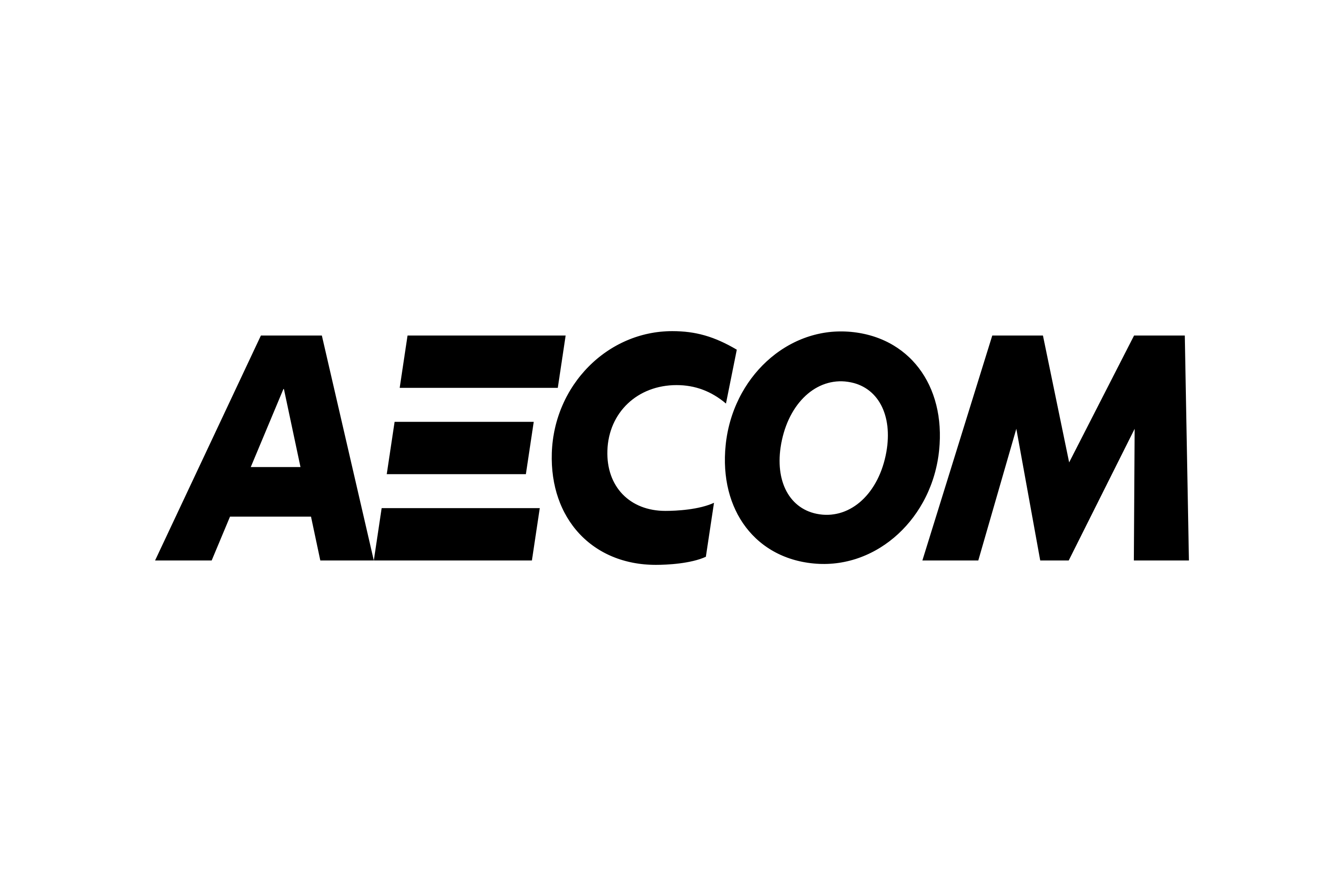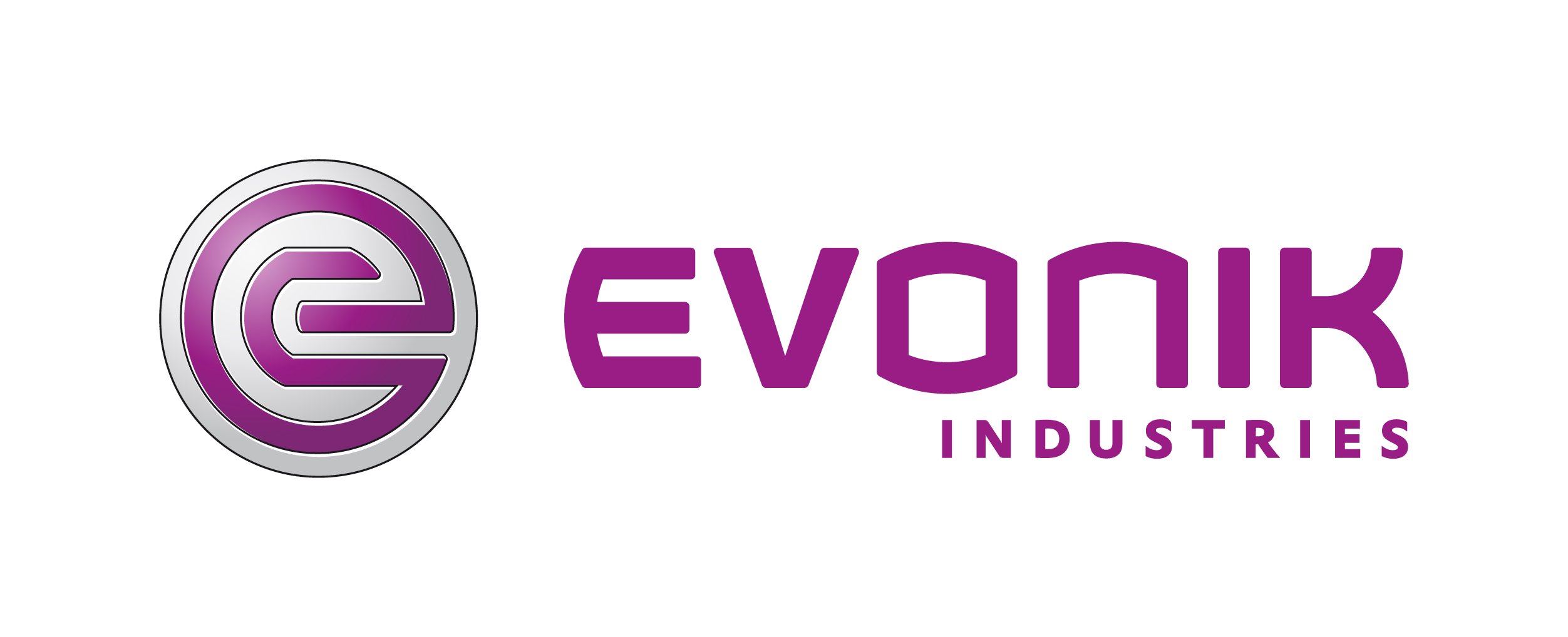Compliance in the industrial sector is crucial for legal compliance, risk mitigation, and sustainable value creation. It involves implementing measures to ensure compliance with laws, regulations, and internal guidelines.
Sustainability has become a strategic imperative in industrial sectors, particularly for businesses that rely heavily on contractor networks. Achieving compliance with evolving environmental regulations while integrating sustainable practices into contractor management is essential for long-term success.
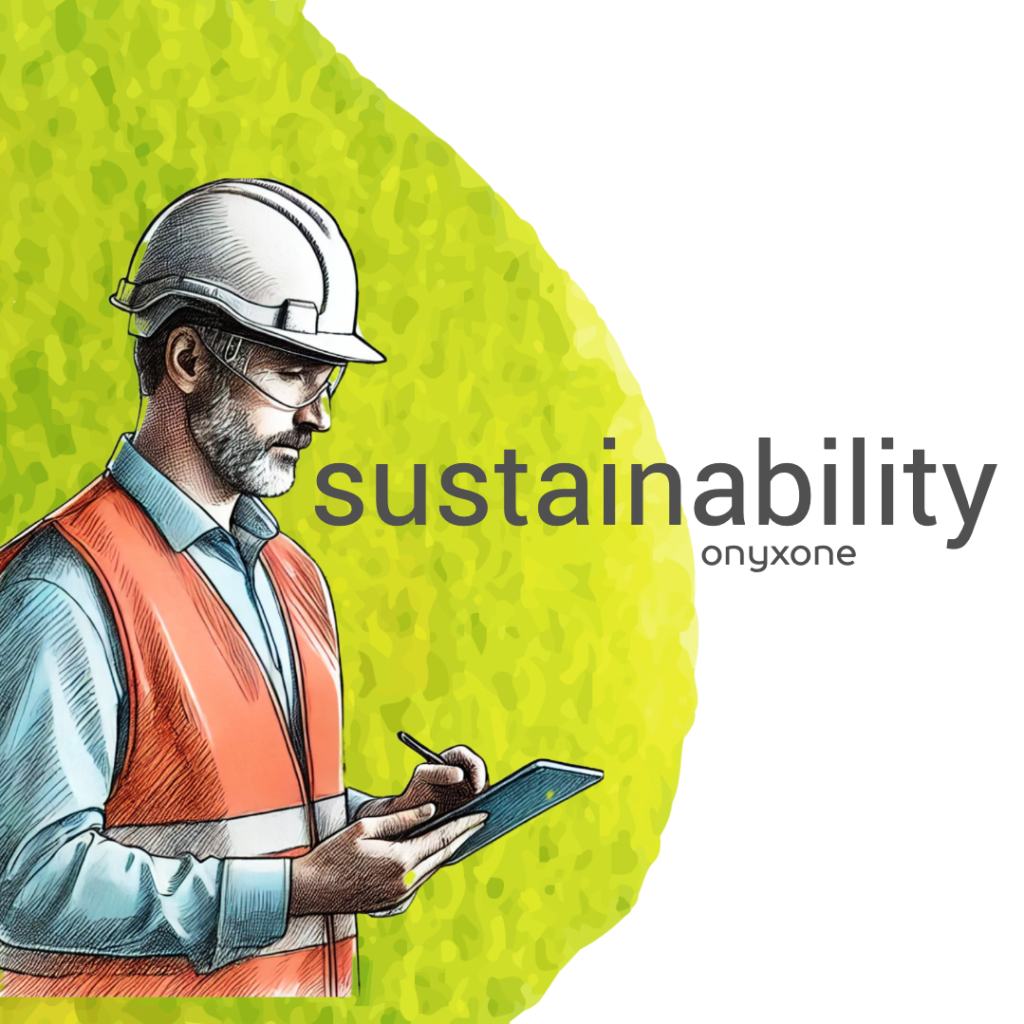
The strategic importance of sustainability
Sustainability is not merely an ethical consideration but a regulatory and economic one. Research from McKinsey & Company indicates that adopting sustainable practices can reduce operational costs by up to 20%, primarily through increased efficiency in resource management and waste reduction. Integrating sustainability into contractor management strengthens an organization’s ability to comply with regulations while contributing to global environmental goals.
“Adopting sustainable practices enables businesses to not only meet regulatory demands but also enhance operational efficiency and competitive advantage.”
Dr. Sarah Young
Aligning contractor management with sustainability goals
Managing contractors in an industrial setting goes beyond just meeting compliance standards. To drive real change, companies need to embed sustainability into their contractor relationships, ensuring that environmental goals are met at every stage of the supply chain. This requires more than just checking boxes; it calls for an integrated approach where sustainability becomes a core component of contractor evaluation and management.
For example, sustainability audits are now a key tool in selecting the right partners. Companies that prioritize contractors with proven environmental certifications, such as ISO 14001, are better positioned to reduce their carbon footprint and enhance overall project outcomes. These audits provide a clear framework for assessing how contractors measure up against specific sustainability metrics.
Moreover, integrating real-time sustainability tracking allows companies to continuously monitor contractor performance. With automated workflows, businesses can instantly flag any deviations from set environmental standards. This proactive approach not only minimizes risks of non-compliance but also ensures that contractors are constantly aligned with evolving sustainability goals.
By fostering transparent communication channels, businesses can strengthen collaboration with their contractors. Sharing sustainability objectives and progress reports openly helps to build a unified approach to eco-friendly practices, reducing inefficiencies and ensuring that all stakeholders work towards a common environmental vision.
In summary, companies that implement these strategies are better equipped to reduce environmental risks, improve sustainability performance, and achieve long-term business resilience.
Best Practices for sustainable contractor management
Sustainability audits for contractors
Conduct regular audits to assess contractors’ adherence to sustainability standards. Integrating environmental audits into the onboarding process ensures that only contractors committed to eco-friendly practices are selected.
Digitalization of compliance and sustainability tracking
Using digital platforms like Onyx One allows for real-time monitoring of contractors’ compliance with both legal and sustainability requirements. This reduces manual oversight and enhances data transparency across the organization.
Contractor training on sustainability
Incorporate sustainability-focused training as part of contractor onboarding processes. Digital learning platforms can streamline this by offering courses on environmental safety, reducing both environmental impact and operational risks.
Data-driven insights
For industrial companies, managing the transition towards sustainable contractor practices is not just a regulatory obligation but a strategic advantage. Leveraging contractor management systems that support both compliance and sustainability objectives allows businesses to remain competitive, reduce risks, and contribute to long-term environmental goals.
When sustainability efforts are integrated with compliance systems, they produce measurable results. Companies using Onyx One significantly reduce non-compliance through enhanced contractor monitoring and real-time reporting. These insights allow companies to make informed decisions that align operational goals and environmental responsibility.
